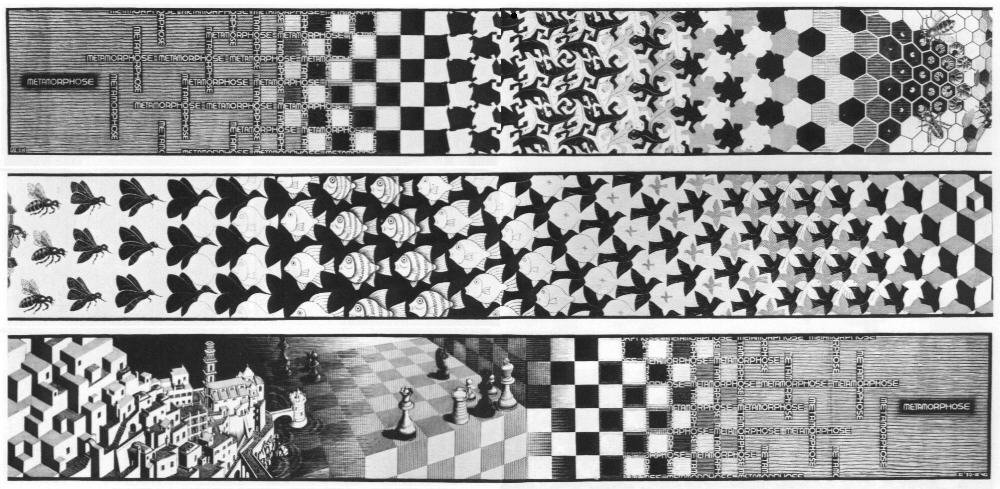Yes, I am aware that I wrote "skepticism" twice in the title. Too bad.
In this post, we swing the pendulum to the opposing apex and examine the character of those who resist belief to almost everything. As in the last post, I could target people will not even begin to give a shred of belief to something unless confronted with peer-reviewed, incontrovertible evidence, but I likewise do not believe anyone like that exists. So this is my definition of the extreme skeptic:
1. When presented with new information/ideas, the skeptic will compare it to what he already knows, and base his response upon the new information's similarities to the known information.
2. The skeptic will view evidence for and against the validity of the new information.
3. The skeptic will formulate an opinion based on evaluation of the evidence gathered.
I hope, thus far, that I have painted a fairly neutral picture of the attitude of the skeptic towards new ideas. When most people hear the word "skeptic", they think of a caustic, opinionated antagonist who usually reacts to others' beliefs with disdain, like the Pharisees of Jesus' day (although "disdain" would be somewhat of an understatement). There are definitely a lot of skeptics like this, but I think the "best" skeptics, the most practiced skeptics, have separated themselves from this attitude.
Good skeptics realize that it's not worth making an emotional show about something they believe is wrong unless 1) they think they have solid evidence behind their opinion and 2) they believe that the false information is damaging enough to warrant attacking it. If they lack these things, they will try their best to be neutral until they have enough truth to back up an opinion. In short, they follow the Litany of Tarski:
If the box contains a diamond,
I desire to believe the box contains a diamond;
If the box does not contain a diamond,
I desire to believe that the box does not contain a diamond.
Let me not become attached to beliefs I may not want.
At this point, I'll go ahead and admit I really like the idea of skepticism. As a skill, I think skepticism is valuable. But I also believe strongly in my faith, and the evidence I have for that belief is difficult, if not impossible, to transmit to others. The main purpose of writing this post is for me to give my best answer to the question, "Why is complete skepticism a bad idea?"
In a way, this is the same question as "Why does God require faith?" Faith is the act of moving forward with something when you don't have solid evidence that it's true. The complete skeptic will not take part in this. He will evaluate evidence and study viewpoints, but he will not give himself over to something, even temporarily, until he knows for sure that it will have a return. He is unwilling to sacrifice something of real value. But what is the true value of a cause if one is unwilling to sacrifice part of himself for it? What is it worth if you're not willing to give up something that you might not get back?
If the cause you're putting faith in is untrue, it's probably not going to yield a valuable, unique return for long. But with some causes, the only way you can ever find its truth is to sacrifice.

No comments:
Post a Comment